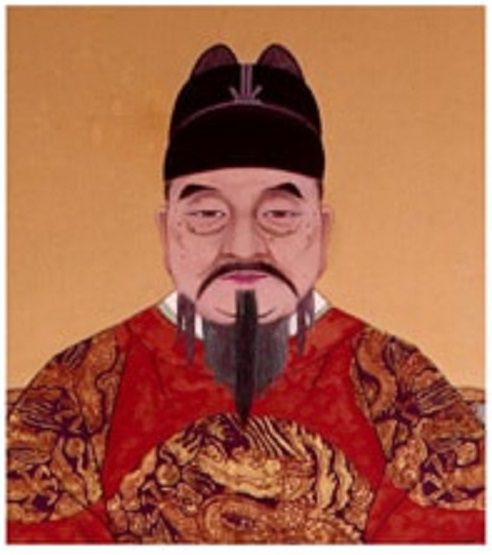3.1.2 King Sejong the Great
Vision and Leadership
King Sejong the Great, the fourth king of the Joseon Dynasty, is renowned for his visionary leadership and profound contributions to Korean culture, science, and education. Born in 1397, he ascended to the throne in 1418 and ruled until his death in 1450. King Sejong’s reign is often regarded as the golden age of Korean culture due to his numerous achievements and reforms aimed at improving the lives of his people.
One of King Sejong’s most notable visions was to create a more equitable society by improving literacy among the common people. At the time, literacy was primarily reserved for the elite who could read and write Classical Chinese (Hanja). Understanding the significant barrier this posed for the general populace, King Sejong envisioned a new writing system that would be easy to learn and use, thereby promoting literacy and education throughout his kingdom.
King Sejong’s leadership style was inclusive and progressive. He established the Hall of Worthies (Jiphyeonjeon), a royal research institute where scholars and officials could collaborate on various projects. This institution played a crucial role in the development of the Korean alphabet, as well as in advancements in science, technology, and culture during his reign.

King Sejong by Joongang daily
The Hunminjeongeum Manuscript
The culmination of King Sejong’s vision was the creation of Hangul, the Korean alphabet, which was officially introduced in 1443 and promulgated in 1446 through the Hunminjeongeum manuscript. The title “Hunminjeongeum” translates to “The Correct Sounds for the Instruction of the People,” reflecting the king’s intent to educate and empower his subjects.
The Hunminjeongeum manuscript is a significant historical document that outlines the principles and purpose behind the creation of Hangul. It provides detailed explanations of the new alphabet, including the phonetic structure and the rationale for each letter’s design. The manuscript emphasizes the ease of learning and the practical benefits of the new writing system, aiming to reduce the linguistic barriers faced by the common people.
King Sejong’s dedication to improving his people’s lives through literacy and education has left a lasting legacy. Hangul is now celebrated annually on Hangul Day, October 9th in South Korea and January 15th in North Korea, to honor its creation and the visionary leadership of King Sejong the Great.